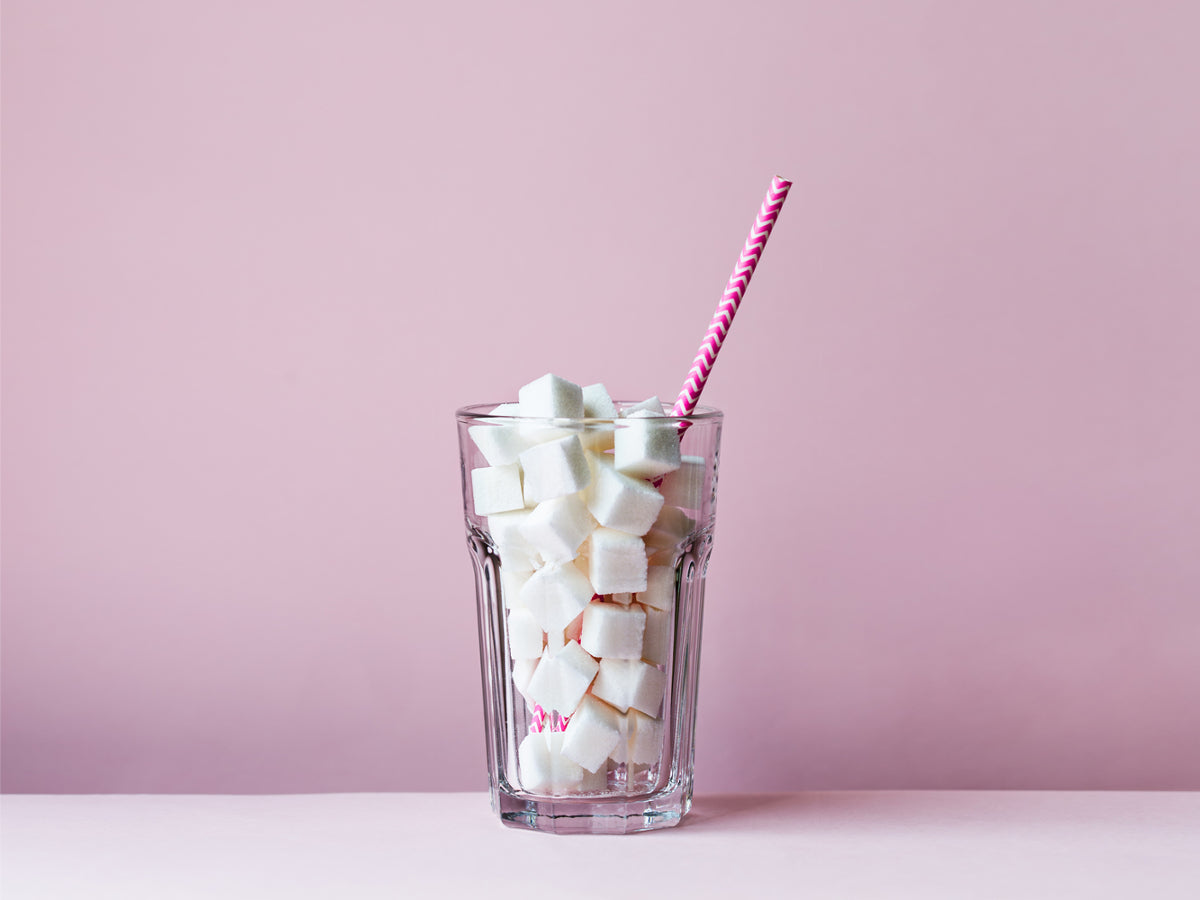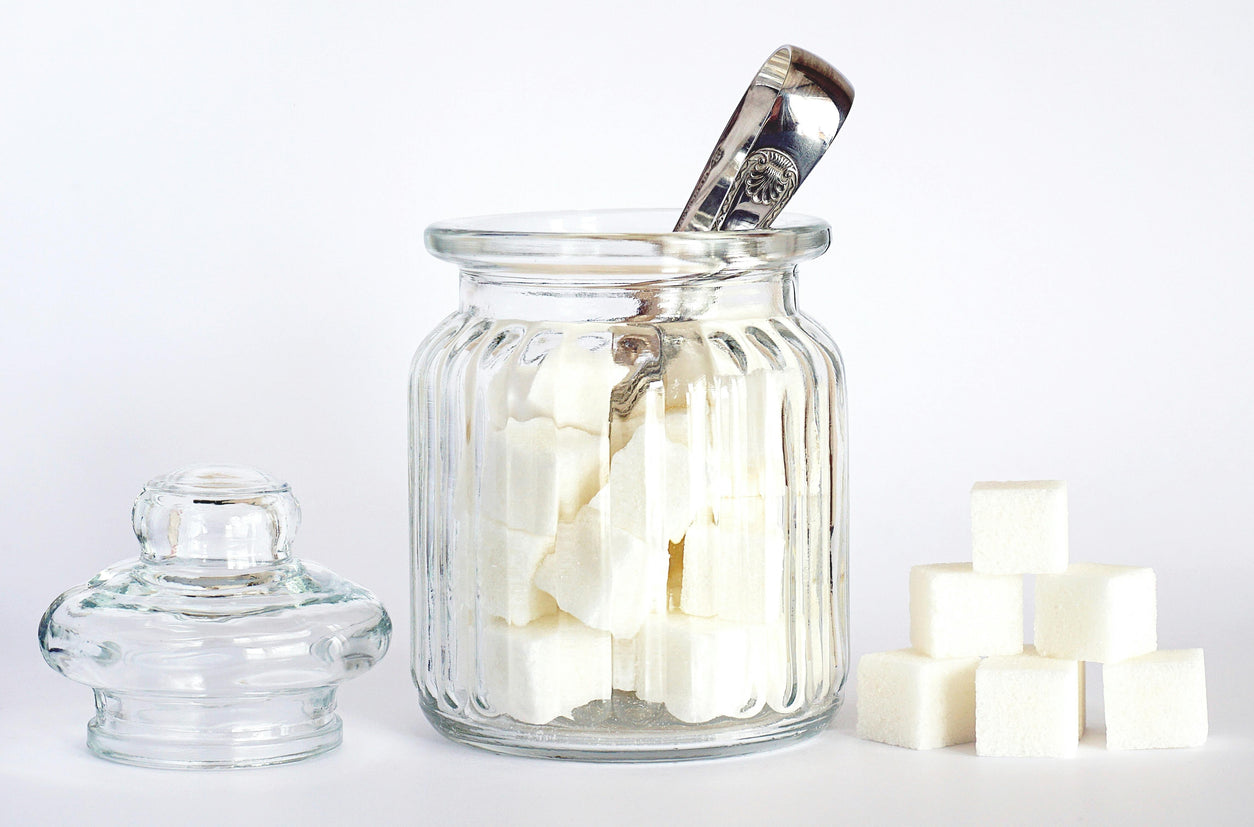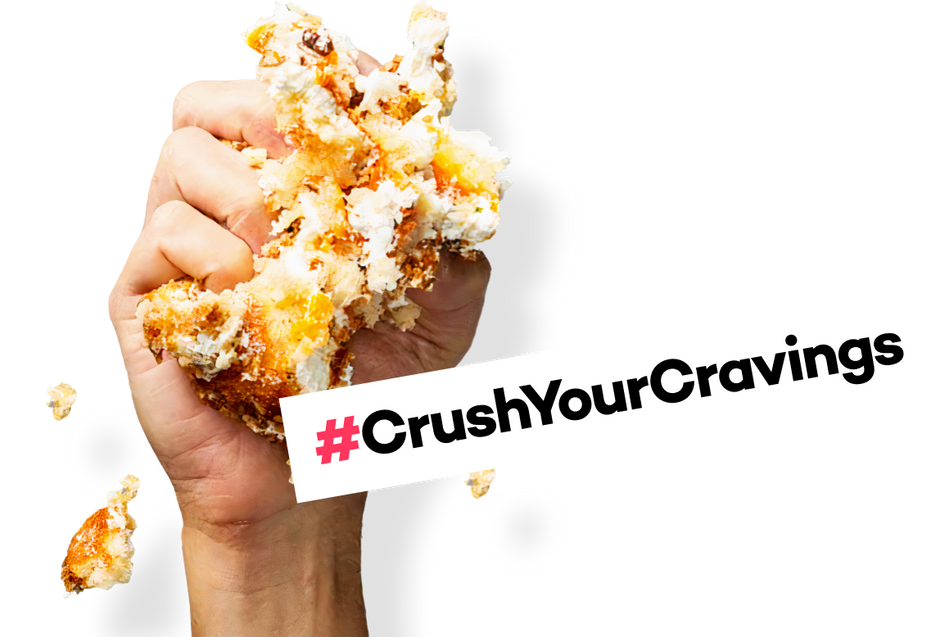It’s no secret we have a devastating national health crisis with obesity-related diseases, ranging from type 2 diabetes to cancers, costing our NHS a whopping £6bn per year. Over the past few decades, there have been dozens of attempts from the Government to tackle these issues… At least it looks like there has.
In 2008 the Scientific Advisory Committee on Nutrition reviewed the links between certain food types and health problems, concluding excess sugar consumption (unsurprisingly!) is linked to a greater risk of overeating, tooth decay, and developing type 2 diabetes. They recommended a host of interventions.
And what’s happened since then? Childhood obesity? Up. Heart disease? Up. Diabetes? Up. Another dozen reports and recommendations later, our collective health is still in decline.
Then in 2016 Public Health England introduced the Sugar Reduction Programme. A voluntary initiative, challenging the food industry to reduce sugar content for children by 20% by 2020, with a 5% reduction in the first year.
Instead, there was a 2% reduction in the first year, followed by 2.9% in the second year, and 3% in the third. Only 17% short!
Graham MacGregor CBE, Chairman of Action on Sugar, summed it up "... it’s abundantly clear that the Government’s voluntary sugar reduction programme is simply not working, after reporting a dismal 0.1% reduction in sugar between 2018 and 2019."
But, then in 2018, the Government introduced the Soft Drinks Industry Levy, more commonly known as the Sugar Tax. The tax charges manufacturers 18p per litre for drinks with 5-8g of sugar per 100ml and 24p for drinks with more than 8g per 100ml. That's around 8p on a can of coke or 12p on a can of Monster.
There are some notable exemptions though. Both fruit juices and dairy products avoid the tax. With Rubicon, Innocent, and Tropicana all having ‘healthy’ drinks with more sugar than coke, the work is far from done!
(The Sugar Tax also exempts drinks with alcohol levels of 1.2% or higher. Which is why the morning after can feel particularly painful after a few too many. The double whammy of a sugar and booze hangover! But let’s not get side-tracked.)
As a result of the tax, some manufacturers decided not to change (coke), whilst some infamously did (Irn Bru). Consequently, Public Health England showed there had been a 28.8% decline in sugar per 100ml for drinks subject to the sugar tax. Another study showed the tax contributed to a reduction of 6,500 calories per person per year. It also raised £301m in tax revenue.
Graham was more optimistic this time, “The soft drinks levy has shown that this approach is both best for business, and best for everyone’s health, including people from more disadvantaged groups.”
So government intervention can deliver! The last thing we need is another dozen public reports telling us too much sugar is bad for our health. What we need is action. The sugar tax was step 1. But, in light of the worsening epidemic, isn’t it time the government did more?










